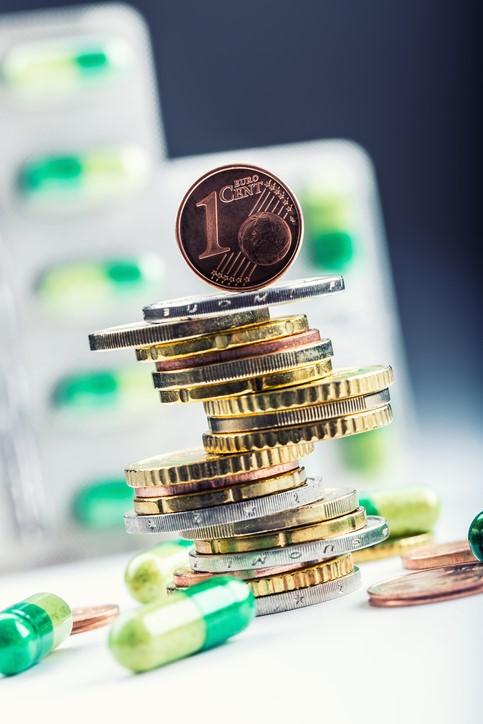In an effort to stimulate the development of new antibiotics, Britain's National Health Service (NHS) yesterday announced the launch of a trial for a new pilot program that will pay drug companies for antibiotics using a subscription-style model.
Under the program, NHS will pay pharmaceutical companies up front for access to effective antibiotics, rather than reimbursing them based on the quantity of antibiotics sold. The idea behind the program is to delink profit from the volume sold, pay for antibiotics based on their public health value, and encourage the development of new antibiotics.
Under the new model, drug makers would still be reimbursed by the NHS even if the new drugs are kept in reserve.
The trial will be led by NHS and the National Institute for Health and Care Excellence (NICE). The agencies are asking pharmaceutical companies to identify antibiotics for the first phase of the program.
Strong signal for rest of world
The idea was first floated in January, when the British government announced its 5-year national action plan and 20-year vision for antimicrobial resistance (AMR). It's a response to growing concern about the broken market for new antibiotics and the financial challenges of antibiotic development.
Because new antibiotics are used for only short periods, are competing with older and cheaper drugs, and often remain on the shelf in order to hold off development of resistance, drug makers have difficulty recouping their investment and are reluctant to devote money to antibiotic research and development. As a result, many large drug companies have abandoned their antibiotic development programs, leaving the field to smaller biotech companies.
UK health officials believe their model could be one solution to the problem.
"Today we are sending a strong signal to the rest of the world that there are workable models to stimulate investment in these vital medicines and that together we can tackle AMR," UK health minister Nicola Blackwood said in a press release from the UK's Department of Health and Social Care (DHSC).
The Association of the British Pharmaceutical Industry (ABPI) said in a statement that it's looking forward to hearing more detail on the program.
"Today's announcement is an example of how the UK can lead the world in this fight and hopefully brings us closer to fixing the problems that have hampered investment in antibiotics research for so long," Sheuli Porkess, APBI's executive director of research, medical and innovation, said. "Patients can't afford to wait. Our members are ready to get started, and the sooner we get this pilot up and running, the sooner we can apply what we find to other antimicrobials in development."
A positive development, but questions remain
Advocates for antibiotic development incentives will be watching the NHS pilot closely. Among them is Gregory Daniel, PhD, MPH, deputy director of the Duke-Margolis Center for Health Policy.
"I think it's a very exciting and positive development to see a government agency like the NHS announce plans to develop a subscription model like this," Daniel told CIDRAP News. In addition to providing drug companies with a predictable, reliable payment for access to antibiotics and ensuring that effective antibiotics will be available for patients with infections, Daniel said, the subscription model could also generate positive external benefits.
"By having good antibiotics on the market, patients can have invasive procedures, like surgeries, and other things that put patients at risk for an infection," he said. "These factors don't get addressed with traditional volume-based payment."
Daniel, who is working with colleagues at the Duke-Margolis Center for Health Policy to develop subscription models that could work in the US healthcare system (which is not nationalized like the UK's), says he will be in interested in how the NHS values the antibiotics and calculates the subscription rate, and whether the model is paired with strong stewardship programs that ensure the antibiotics are being used appropriately.
He'll also be watching to see whether the program actually motivates drug companies to devote money to developing new antibiotics. "The third question is, 'Does this actually change the economic situation for the companies?'" he said.
See also:
Jul 9 DHSC press release
Jul 9 APBI statement
Jan 24 CIDRAP News story "UK aims to cut antibiotics 15% in 5-year AMR plan"

























